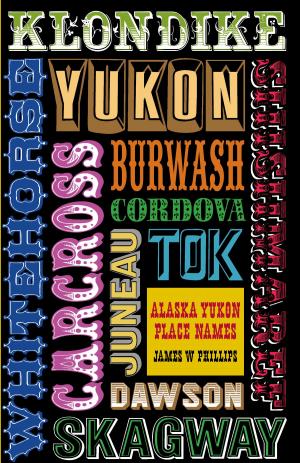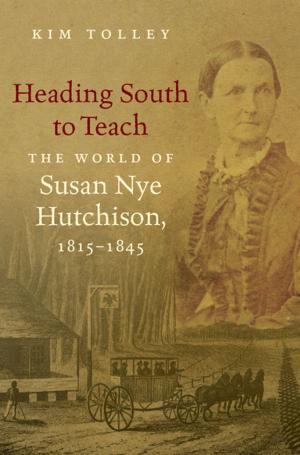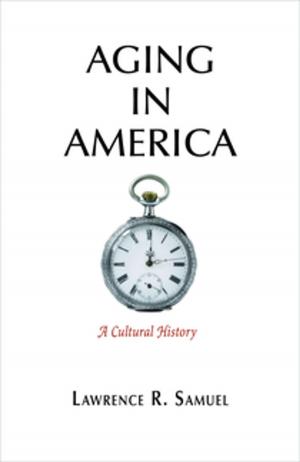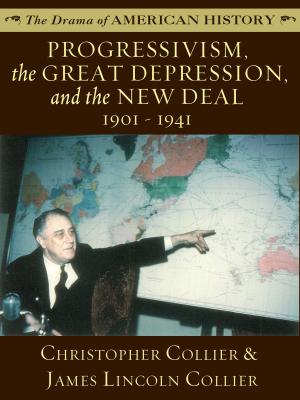Writing the Past Imperfect
Nonfiction, History, Reference, Historiography, Social & Cultural Studies, Political Science, Government, Social Policy, Americas, United States| Author: | D. C. Zook | ISBN: | 9781947609020 |
| Publisher: | Shantiwala Books | Publication: | May 24, 2018 |
| Imprint: | Shantiwala Books | Language: | English |
| Author: | D. C. Zook |
| ISBN: | 9781947609020 |
| Publisher: | Shantiwala Books |
| Publication: | May 24, 2018 |
| Imprint: | Shantiwala Books |
| Language: | English |
Although most people think first of politics when they think of diversity, history plays a surprisingly powerful and influential role in the creation of diversity as well. Identity is to a certain extent a narrative we tell about who we are and where we came from, and since diversity is primarily a group-based competitive process, group-based historical narratives become expressive claims to the spoils of diversity. This has lamentably created a debilitating sensitivity to any outside criticism of these group-based historical narratives, as any criticism is interpreted as a denial of all of part of the group's identity. Writing the Past Imperfect, which is Part 3 of the four-part series Ourselves Among Others: The Extravagant Failure of Diversity in America and An Epic Plan to Make It Work, shows how the rejection of critical perspectives on the past works to create a form of collective censorship in the present. Diversity is supposed to allow us to talk about and ask questions of our identities, in the hope of fostering inter-cultural understanding, but the excessive sensitivity toward the recounting of the past has made this all but impossible.
The social justice component of diversity is supposed to offer a diversity that applies to and works for all of us equally, which in the case of identity-based historical narratives, would require equal scrutiny of and equally critical perspectives toward the writing of these historical narratives. But given that these historical narratives are used to stake a claim for diversity in the present, what has happened instead is a form of historical protectionism, in which identity-groups strive to put their narratives beyond question, offering criticism of other group-based histories while rejecting and deflecting criticism of their own. Writing the Past Imperfect argues that the only way for diversity to create equality and social justice in the present is to create an equally critical perspective on the past, not just our own past, but the pasts of others as well. Without the ability to ask questions of the many pasts that led us all to the present, we have no way to create mutual understanding. And without mutual understanding, we have only separation and division, the opposite of what diversity is supposed to provide.
Although most people think first of politics when they think of diversity, history plays a surprisingly powerful and influential role in the creation of diversity as well. Identity is to a certain extent a narrative we tell about who we are and where we came from, and since diversity is primarily a group-based competitive process, group-based historical narratives become expressive claims to the spoils of diversity. This has lamentably created a debilitating sensitivity to any outside criticism of these group-based historical narratives, as any criticism is interpreted as a denial of all of part of the group's identity. Writing the Past Imperfect, which is Part 3 of the four-part series Ourselves Among Others: The Extravagant Failure of Diversity in America and An Epic Plan to Make It Work, shows how the rejection of critical perspectives on the past works to create a form of collective censorship in the present. Diversity is supposed to allow us to talk about and ask questions of our identities, in the hope of fostering inter-cultural understanding, but the excessive sensitivity toward the recounting of the past has made this all but impossible.
The social justice component of diversity is supposed to offer a diversity that applies to and works for all of us equally, which in the case of identity-based historical narratives, would require equal scrutiny of and equally critical perspectives toward the writing of these historical narratives. But given that these historical narratives are used to stake a claim for diversity in the present, what has happened instead is a form of historical protectionism, in which identity-groups strive to put their narratives beyond question, offering criticism of other group-based histories while rejecting and deflecting criticism of their own. Writing the Past Imperfect argues that the only way for diversity to create equality and social justice in the present is to create an equally critical perspective on the past, not just our own past, but the pasts of others as well. Without the ability to ask questions of the many pasts that led us all to the present, we have no way to create mutual understanding. And without mutual understanding, we have only separation and division, the opposite of what diversity is supposed to provide.















